A heat pump water heater is an appliance that uses electricity to transfer heat from the surrounding air to heat water, making it a highly efficient alternative to traditional electric resistance or gas water heaters.
Unlike conventional water heaters that rely on elements or burners to directly heat water, heat pump water heaters work like a refrigerator in reverse – using a compressor and refrigerant to draw warmth from the air and transfer it to the water in a storage tank.
Key Characteristics of Heat Pump Water Heaters
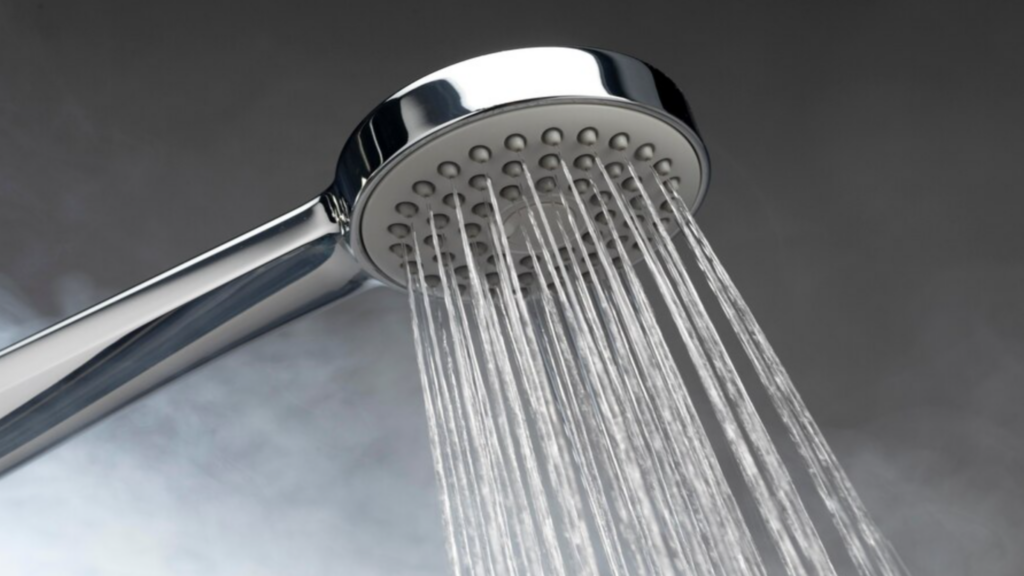
Energy Efficient: Heat pump water heaters use 50-60% less electricity compared to standard electric water heaters, saving homeowners hundreds of dollars per year on utility bills. This is achieved by transferring heat vs generating it directly.
Cost Effective: Despite higher upfront costs, heat pump water heaters offer a lower total cost of ownership over their lifespan compared to conventional models.
Environmentally Friendly: By using less energy, heat pump water heaters reduce carbon emissions from power plants. They are a greener choice.
Cooling Effects: As they extract heat from ambient air, heat pump water heaters provide a dehumidifying effect and cool the air around them.
Require Proper Installation: Heat pump water heaters need adequate air flow and space for intake/exhaust. They may require ducting in some cases. Proper installation is key.
Operate More Slowly: It takes longer to recover and heat water vs conventional water heaters. The tank sizes are typically larger.
Higher Upfront Cost: The initial purchase price is 2-3X higher than conventional electric water heaters. However, long-term savings offset this over time.
Overall, heat pump water heaters provide an energy efficient and environmentally friendly way to heat water for homes. When properly installed, they can save the average household hundreds of dollars per year in energy costs. The tradeoffs are higher upfront costs and slower recovery vs standard models.
Types Of Heat Pump Water Heaters
There are several types of heat pump water heaters to consider:
Whole Home vs Point-of-Use
Whole home water heaters provide hot water for your entire home. They have tank capacities of 50-80 gallons.
Point-of-use water heaters provide hot water for a single fixture or application. They have smaller tank capacities of 2-10 gallons.
Integrated vs Add-On
Integrated water heaters have the heat pump built into the tank itself as a single unit.
Add-on heat pump water heaters have the heat pump as a separate component that sits alongside the tank.
Tank Types
Standard tank heat pump water heaters have a single tank that holds heated water ready for use.
Tankless heat pump water heaters heat water only as needed without storing heated water.
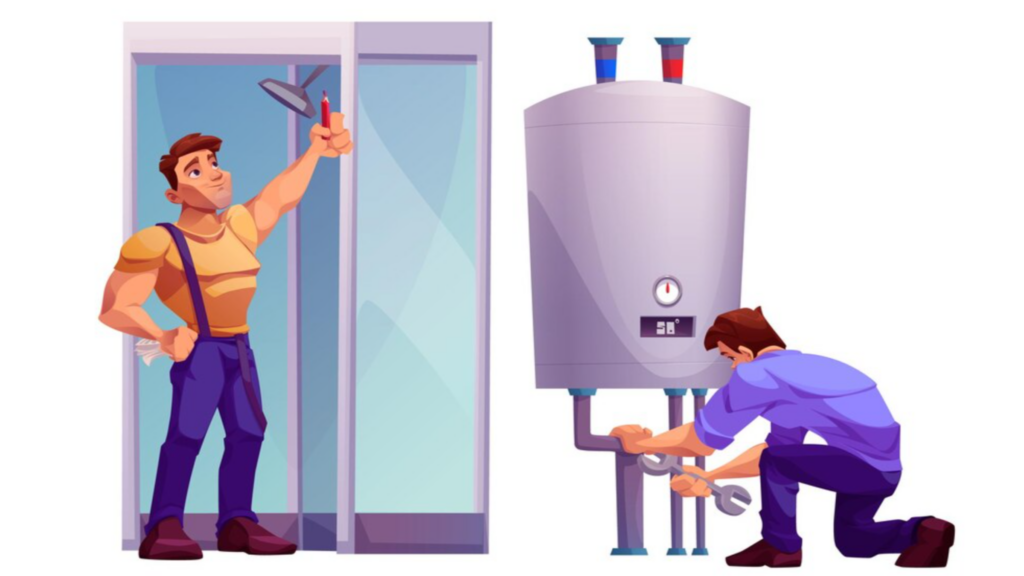
Sizes
Whole home heat pump water heaters come in a range of tank sizes from 50-80+ gallons.
Point-of-use units are much smaller with tanks of 2-10 gallons.
Add-on heat pumps can work with tanks of 30 gallons or more. Integrated units have set tank sizes.
In summary, the main types are whole home vs point-of-use, integrated vs add-on, and variables like tank size and type. Selecting the right one depends on your household size, usage, and setup.
How Much Does A Heat Pump Water Heater Cost?
The upfront cost of a heat pump water heater is typically higher than that of a traditional water heater. Expect to pay anywhere from $1,200 to $3,500 for the unit and installation. The specific cost depends on the tank size, efficiency rating, and type of heat pump water heater you choose.
However, heat pump water heaters save significantly on operating costs over time compared to traditional electric or gas water heaters. You can expect to save $100 to $300 per year on your utility bills by switching to a heat pump water heater. They are energy-efficient because they are able to transfer ambient heat in the air to the water rather than relying solely on electrical heating elements.
Most homeowners make up the higher initial investment in energy savings within 3-6 years. And with rebates, tax credits, and lower energy bills, a heat pump water heater can pay for itself even sooner. The upfront cost should be weighed against the long-term savings and environmental benefits that come with heat pump technology.
Installation and Maintenance
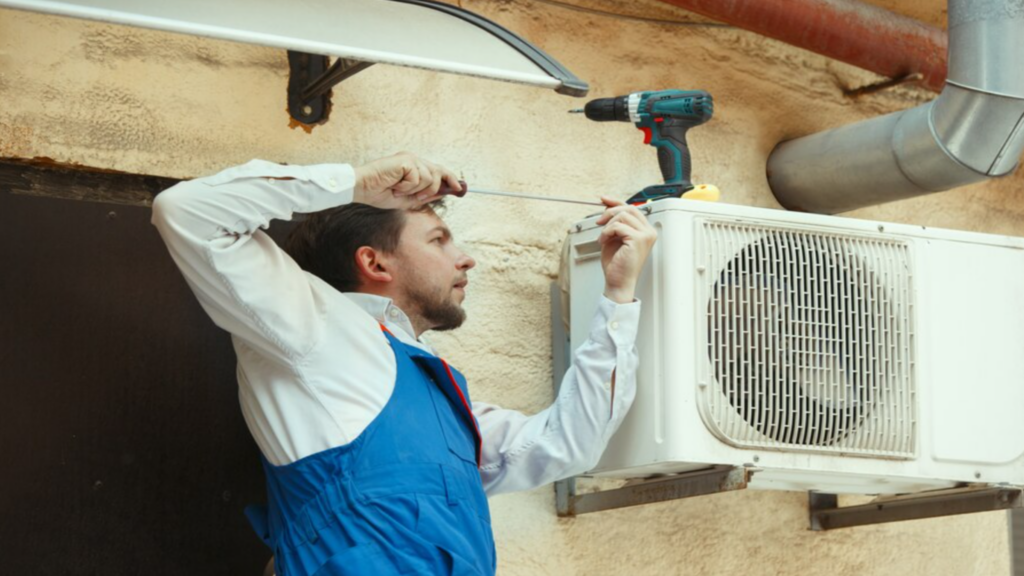
Installing a heat pump water heater is similar to a conventional water heater, but there are some unique requirements to ensure optimal performance.
Installation Requirements
The unit should be placed in an open, unconfined space with at least 1,000 cubic feet (about the volume of a large U-Haul truck) of air volume. Small, enclosed spaces should be avoided.
The area should have adequate airflow and stay above freezing temperatures year-round. The ambient temperature should not exceed 110°F.
The heat pump will need to be mounted to a wall with clearance of at least 12-24 inches on all sides for air circulation.
Condensate drain lines may need to be installed depending on your model.
Proper ducting is required when venting the cool exhaust air outside. This usually requires a 3–4-inch diameter duct.
An electrical connection will need to be made to a dedicated 240V circuit with proper amperage.
Maintenance Needs
- The air filter should be checked and cleaned every 6 months to help airflow.
- Drain lines should be inspected for obstructions or leaks.
- Fans and moving parts should be visually checked for damage or excess wear.
- Refrigerant levels and evaporator coils should be serviced every 2-3 years.
- Flushing the tank annually will remove sediment buildup and prolong tank life.
- Electronics may need troubleshooting by a technician if error codes appear.
Lifespan
The average lifespan of a heat pump water heater is 10-15 years. Units installed in ideal conditions and well maintained can last up to 20 years. The compressor tends to be the first component to fail outside of the warranty period. With regular maintenance, the tank itself can function effectively for 15+ years.
Efficiency And Energy Savings
Heat pump water heaters are 2-3 times more energy efficient than conventional electric resistance water heaters. This is because they use electricity to move heat rather than generating it directly.
The efficiency of a water heater is measured by its coefficient of performance (COP). This is the ratio of heat output to electrical input. The higher the COP, the more efficient the system. Most heat pump water heaters have a COP around 2-3.
Several factors affect the efficiency and performance of a water heater:
- Climate: Heat pumps work best in warm, humid climates.
- Location: Indoor models are more efficient than outdoor units.
- Sizing: Properly sized units optimize efficiency. Oversized units lose efficiency.
- Usage: Frequent small draws of hot water are more efficient than large draws.
Compared to conventional electric water heaters, heat pump water heaters can save homeowners 50-80% on water heating costs. For a typical family, this equates to $300 or more in annual savings. The higher initial cost of a heat pump water heater is usually recouped in energy savings within 2-3 years. They also help reduce your home’s carbon footprint.
Ideal Locations And Home Compatibility
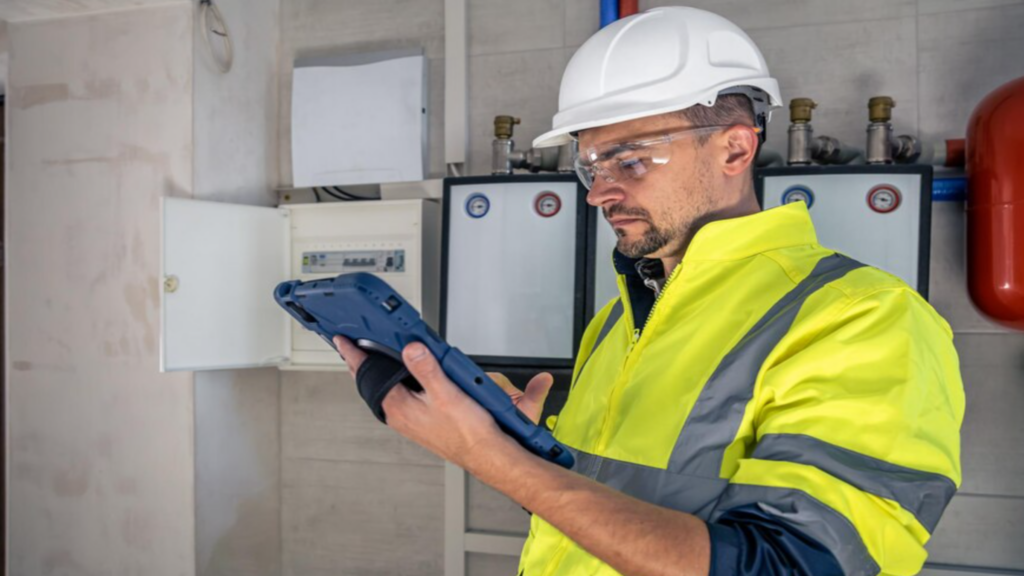
Heat pump water heaters perform best in warmer climates since they rely on heat transfer from ambient air. Colder regions may require a hybrid heat pump system or supplementary electric heating. Consider your climate zone when selecting a heat pump water heater.
Home size is another factor. Heat pump water heaters work well for 1-2 people in a small home up to 4 people in a medium-sized home. Larger homes may require multiple units or a different system.
Proper airflow is crucial for heat pump operation. The unit will be less efficient and more prone to freezing if airflow is restricted. Make sure to install it in a space with ample ventilation and at least 1,000 cubic feet of air volume. Do not enclose it tightly in a small closet or utility room.
Overall, heat pump water heaters are a great option for small to medium homes in temperate or warm climates. Make sure your climate and home layout are compatible before purchasing. Work with an HVAC professional to determine the right size and placement during installation. With proper setup, a heat pump water heater can provide efficient and reliable hot water for your home.
Tax Credits And Rebates
Homeowners can take advantage of federal, provincial, and some local utility rebate programs to recoup some of the upfront cost of purchasing and installing a heat pump water heater. Some of the most notable incentives include:
Federal Tax Credit – The federal government offers a tax credit that covers 30% of the cost (up to $2,000) of installing an ENERGY STAR certified heat pump water heater. This can yield significant savings, making the upgrade more affordable. The credit applies to both air-source and geothermal heat pump water heater models.
Utility Company Rebates – Local utility companies in many regions offer special rebates to customers who install a heat pump water heater. These are typically a few hundred dollars, aimed at consumers who get electricity from that utility.
Manufacturer/Retailer Rebates – Some brands like Rheem and retailers like Home Depot also offer additional rebates, discounts, or cashback when purchasing one of their heat pump water heater models.
With the right combination of incentives and rebates, homeowners can reduce the net cost of a heat pump water heater by $1,000 – $3,000 or more. Be sure to research available rebates prior to investing in one.
Top Heat Pump Water Heater Brands
When shopping for a heat pump water heater, you’ll come across some major brands that consistently receive good reviews. Here’s an overview of a few top options to consider:
Rheem: One of the largest manufacturers of water heating products. Offers several hybrid heat pump water heater models with built-in electric elements for quick hot water recovery. Known for reliability and energy efficiency. Units include user-friendly controls and diagnostics.
A.O. Smith: A leading brand in the water heater industry. It manufactures extremely efficient hybrid heat pump models. Units feature multiple operating modes to optimize efficiency. Models include built-in leak detection and Wi-Fi monitoring capabilities
GE Geo Spring: Uses advanced heat pump technology and proprietary algorithms for efficiency. Sleek, modern design mounts on wall to save space. Digital controls allow customization and scheduling. Higher price point but long warranties.
The top brands each offer high quality heat pump water heaters with advanced designs and features to choose from. Consider your budget, efficiency needs, and preferred controls when selecting the right model.
Upgrade To A Heat Pump Water Heater
In 2024, residential heat pump water heaters remain one of the most energy efficient and cost-effective ways to heat water for your home. Compared to traditional electric or gas water heaters, heat pump water heaters can reduce energy costs by 50-80%. Their technology leverages heat from ambient air to heat water, rather than relying solely on electricity or gas.
When shopping for a heat pump water heater in 2024, look for ENERGY STAR certified models, which meet strict energy efficiency criteria. Upfront costs are higher than conventional water heaters, but the long-term savings are significant. Models with larger tank sizes (50+ gallons) tend to perform better.
Overall, heat pump water heaters are a smart investment for any homeowner looking to save on energy costs and reduce their environmental impact. The technology will continue improving in efficiency and affordability in the years ahead. For additional information on heat pump water heaters and to learn more about energy rebates, contact one of Provincial Smart Home Services’expert energy advisors and they will help you make the right decision for your home.
Related Posts
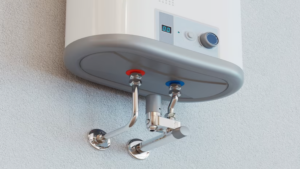
8 Quick and Easy Water Heater Maintenance Tips
Discover water heater maintenance tips and tricks to help you save money and make your home more energy-efficient.
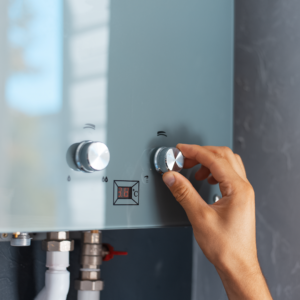
7 Signs You Need a New Electric Water Heater this Winter
Learn how an electric water heater saves money and helps the environment. Know when to replace your old heater with a new energy-efficient electric model.
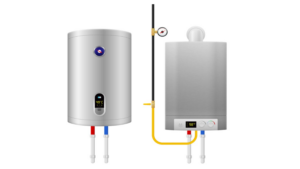
Switching to a Tankless Water Heater? Pros, Cons, Costs and More
Discover the benefits of switching to a tankless water heater to improve your home’s energy efficiency and sustainability.

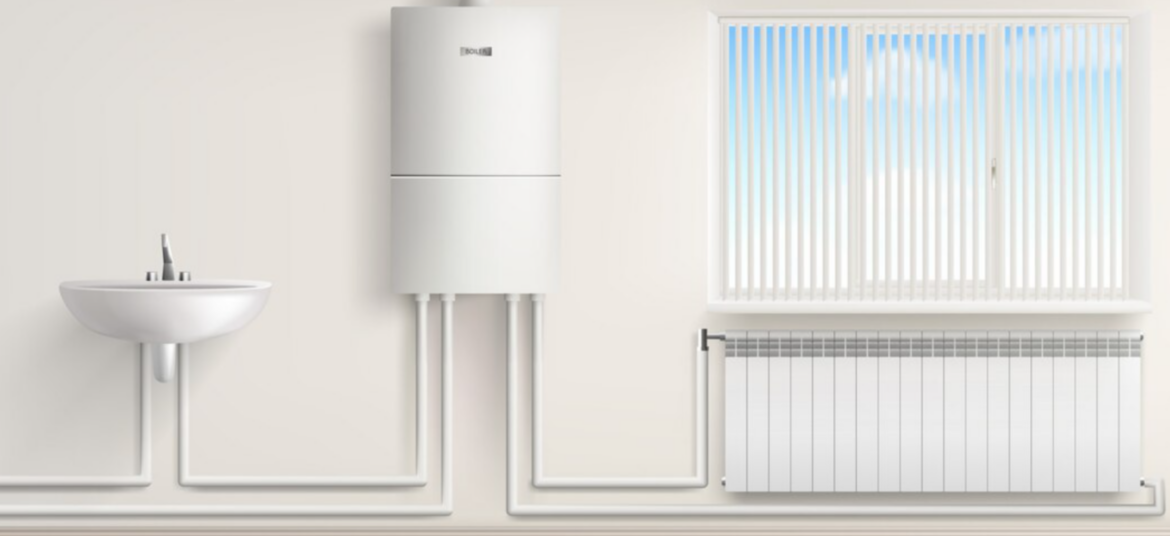
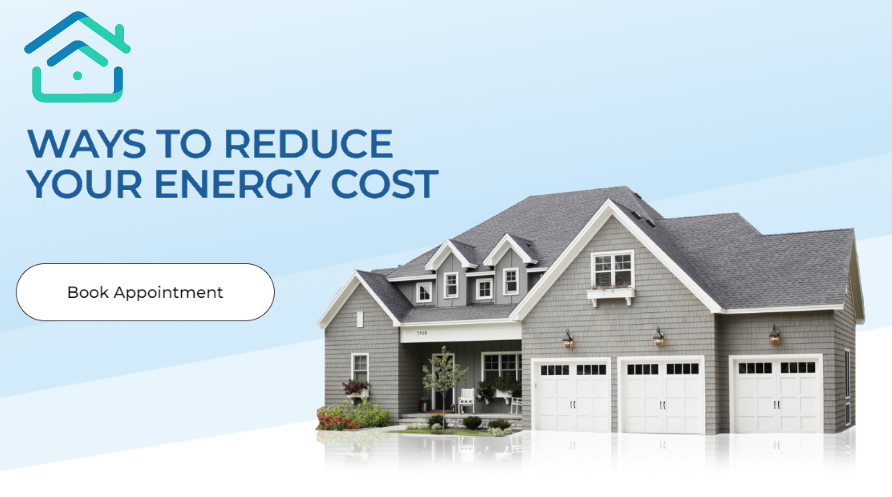
No Comments